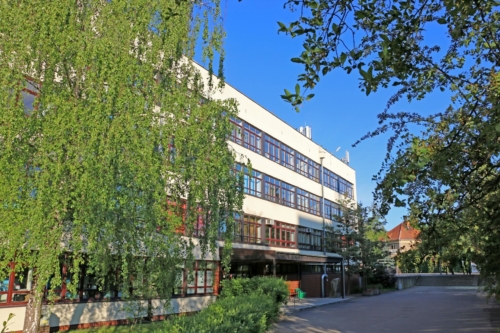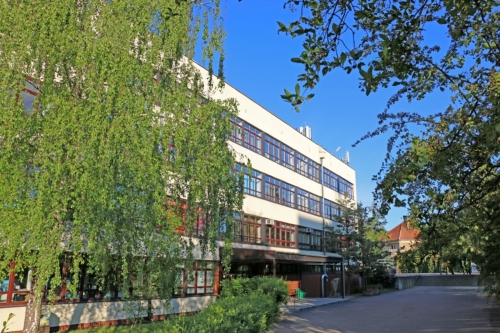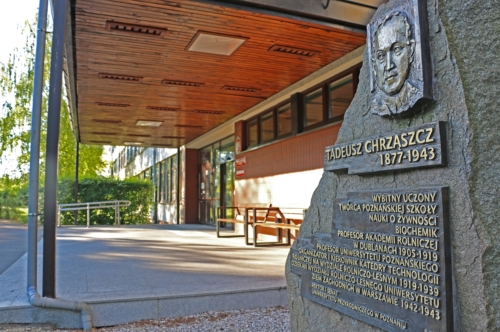Exercise: The Interaction with CYP1A2 and ADORA2A Genotypes
Emilia Zawieja 1,2, Agata Chmurzynska 1, Jacek Anioła 1, Bogna Zawieja 3, Jason Cholewa 2,
1 Department of Human Nutrition and Dietetics, Poznan University of Life Sciences, 60-637 Poznan, Poland
2 Department of Kinesiology, Coastal Carolina University, Conway, SC 29528, USA
3 Department of Mathematical and Statistical Methods, Poznań University of Life Sciences, 60-637 Poznan, Poland
Purpose: To evaluate the association of CYP1A2 and ADORA2A gene polymorphisms, paraxanthine concentrations, and habitual caffeine (CAF) intake with respect to muscular performance after acute CAF supplementation. Methods: A total of 27 resistance-trained males participating in the study ingested either 5 mg/kg of CAF or PL 45 min before a battery of exercise tests in a cross-over design. DNA was tested for the rs5751876 and rs762551 polymorphisms. Results: CAF improved performance in jumping average power, average velocity, max velocity, bench press in the first set, and peak power in the second set. For the CYP1A2 genotype, C allele carriers improved in jumping average velocity (CAF: 1.77 ± 0.14 m/s, PL: 1.71 ± 0.16 m/s, p < 0.001), and AA homozygotes improved set 1 bench press (CAF: 9.7 ± 1.7 reps, PL: 8.9 ± 1.8 reps, p = 0.046). For the ADORA2A genotype, CC (CAF: 1.70 ± 0.20 m/s, PL: 1.67 ± 0.19 m/s, p = 0.005) and CT (CAF: 1.79 ± 0.09 m/s, PL: 1.74 ± 0.11 m/s, p < 0.001) improved in jumping average velocity and CT also improved in bench press set 2 peak power (CAF: 363 ± 76 W, PL: 323 ± 59 W, p = 0.021). For CAF habituation, CAF improved jumping average power (p = 0.007) and jumping average velocity (p < 0.001) in high users but not in low users (p > 0.05). Conclusions: CAF may improve jumping and bench press performance, irrespective of genotypes, but the associations with the genotypes in CYP1A2 and ADORA2A genes, as well as habitual CAF intake, are not clear and require further investigation.
Keywords: caffeine; sport; single nucleotide polymorphism; athletes; nutrigenomics
Nutraceuticals 2023, 3(2), 274-289; https://doi.org/10.3390/nutraceuticals3020022












